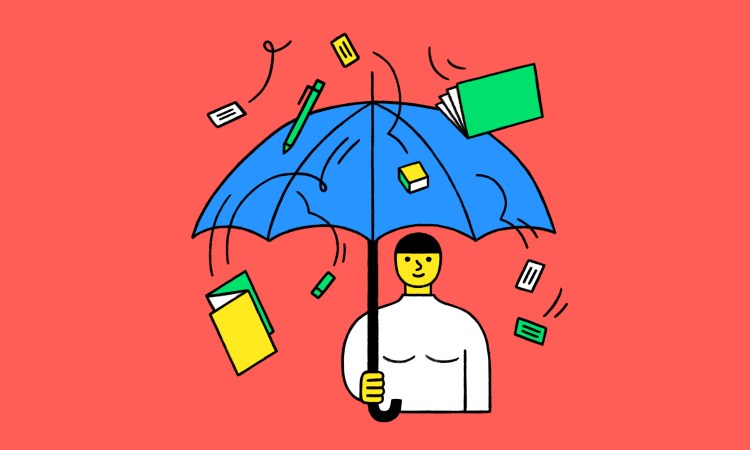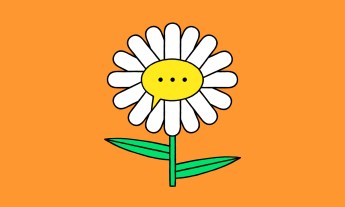
Who doesn’t love a freebie? You — after you read this post and learn how you can live lighter and greener by just saying no.
This post is part of TED’s “How to Be a Better Human” series, each of which contains a piece of helpful advice from people in the TED community; browse through all the posts here.
Most of us know about the three R’s when it comes to living lighter and greener: Reduce, Reuse, Recycle. And many of us try to do those things — we’ve stopped buying bottled water and we’ve switched to cloth napkins at home; we’ve converted empty containers and jars into other uses; and then we recycle them when they crack or break.
But there’s another R we should consider adopting — and it’s a wonderfully easy one: Refuse.
“Stop accepting freebies, because consuming doesn’t just happen through the act of buying,” says Bea Johnson, the California-based author of Zero Waste Home: The Ultimate Guide to Simplifying Your Life by Reducing Your Waste. “It also happens through the act of accepting things that are handed out to us,” Johnson and her family — her husband and their two sons — generate only a small jar’s full worth of waste in the course of an entire year, and practicing refusal is one of the ways they’re able to achieve that.
So why not start saying no when you’re offered free things? That includes the water bottle that a bank is passing out, the armchair that a neighbor is discarding since they’re moving, or the T-shirt or tote bag that is part of a nonprofit’s membership drive.
This can take practice because it’s hard for most of us to say no to free stuff. Sometimes, it feels ungrateful to refuse. “The trick here is to be armed with a few sentences, like ‘That’s really nice of you, but no, thank you,’” says Johnson. “My youngest son says, ‘Thanks, I’m good.’”
Other times, we may take the water bottle and think, “Well, if it turns out I don’t need it, I can donate it or recycle it.” But let’s be honest — when people need a water bottle, most of them are not going to go to a thrift store to get it. And more and more, recycling is an imperfect solution too. In the past year, it’s been reported that many recyclables from Australia and the US are ending up in landfills. That’s because China, a long-time buyer of recycled materials, has cut back on what it takes from other countries. And in the UK, the government’s National Audit Office uncovered that its recycling was frequently being simply shipped to other countries and discarded.
Now, if you actually need a water bottle, thank the giver, accept it, and use it. But first, take a quick mental survey. If there’s a shelf in your kitchen that’s full of logo-ed water bottles — you can feel great about saying: ‘Thanks, I’m good.”
Watch her TEDxMünster talk here:

















